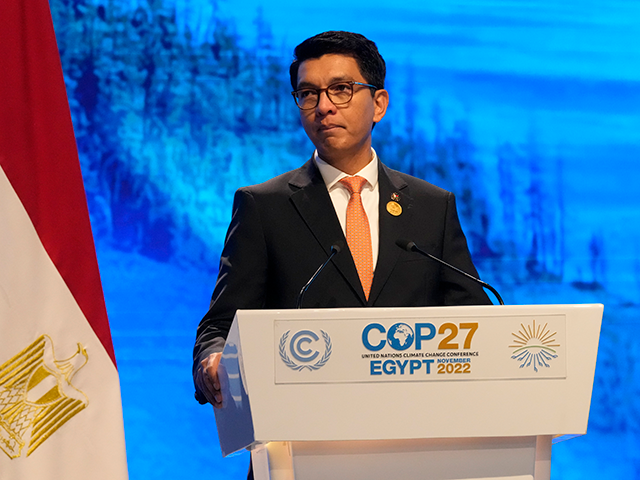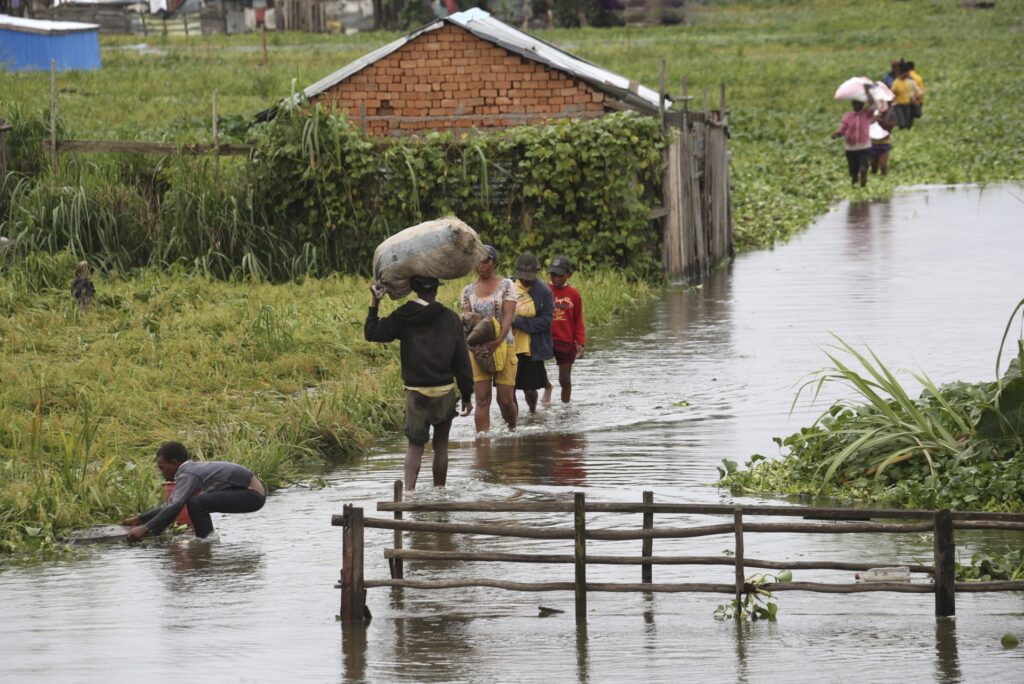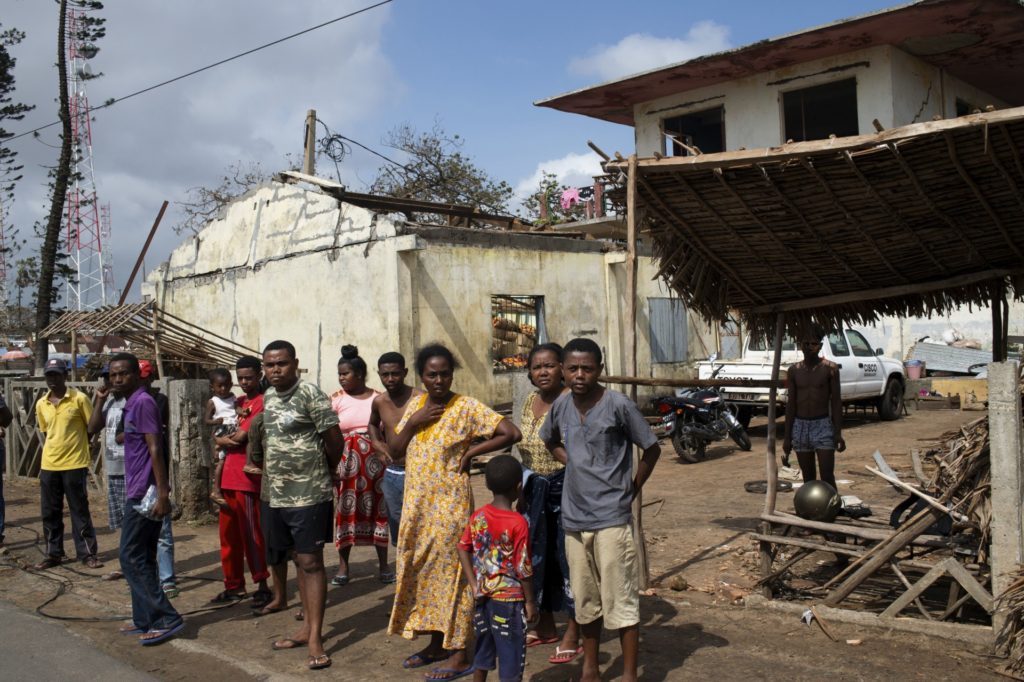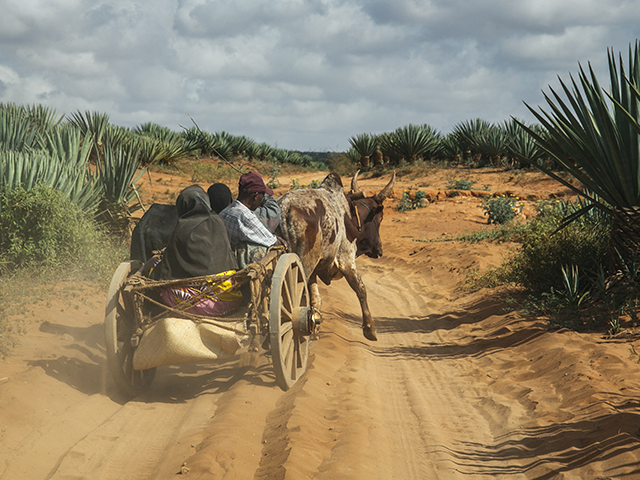ROME, Italy — Representatives of Catholic Relief Services (CRS) – the official international Catholic relief and development agency of the U.S. Conference of Catholic Bishops – have blamed climate change for Madagascar’s ongoing troubles with weather-induced drought and famine.
“We have been facing a lot of drought in the south over the last five or six years,” Rado Ravonjiarivelo, the Environmental Compliance & Climate Integration Program Manager for CRS Madagascar, told Crux, an online Catholic news outlet.
Citing the U.N.’s World Food Programme (WFP), Ravonjiarivelo said Madagascar is suffering what is possibly “the first climate change famine on earth.”
UNICEF has similarly insisted that climate change “continues to aggravate” the droughts and cyclones that plague Madagascar, whose people are victims of “climate shocks.”
Madagascar’s president, Andry Nirina Rajoelina, is attending the United Nation’s COP27 climate change conference in Sharm el-Sheikh, Egypt, as is Hanta Manana Rarivoarinoro, representing the Catholic Development Council of Andohatapenaka (CDA), in hopes of influencing the summit in favor of “climate justice” for Madagascar.
President Rajoelina told the U.N. General Assembly last year that “Madagascar finds itself a victim of climate change.”

Andry Nirina Rajoelina, president of Madagascar, speaks at the COP27 U.N. Climate Summit, Tuesday, Nov. 8, 2022, in Sharm el-Sheikh, Egypt. (AP Photo/Peter Dejong)
“There are recurrent waves of drought in the south,” he said. “The water sources dry up and all the means of subsistence become almost impossible. My compatriots in the south are bearing the weight of climate change which they did not participate in creating.”

Residents wade through floodwater around their homes after heavy rain in Antananarivo, Madagascar, January 19, 2022, killed at least 10 people. (AP Photo/Alexander Joe)
Madagascar’s situation is indisputably dire and many of its problems are clearly weather related. Blaming the island nation’s heatwaves, wildfires, droughts, and floods on climate change, however, is a bridge too far.

People outside homes ruined by cyclones in Mananjary, Madagascar, Feb. 10, 2022. (AP Photo/Viviane Rakotoarivony)
Historically, Madagascar has always suffered extreme temperature and weather events and there is no evidence that they are appreciably worse today. Average temperatures in Madagascar reached an all-time high of 74.5ºF (23.6ºC) back in 1926 and a record low of 71ºF (21.66ºC) in 1965.
Average temperatures in the country have actually dropped over the past two years, from 73.65ºF (23.14ºC) in 2019 to 73.17ºF (22.87ºC) in 2021.
Worldwide, average annual weather-related deaths have plummeted from nearly half a million people a century ago to fewer than 10,000 today.
This represents a decline of almost 99 percent in weather-related deaths over the past 100 years and since the global population has quadrupled since then, it is an even larger drop than it appears.
It is understandable that countries suffering from weather-related destruction wish to claim reparations from wealthier nations in the name of “climate justice.”
While much can and should be done to assist nations suffering from extreme weather, blaming their woes on the climate change bogeyman is neither honest nor helpful.

COMMENTS
Please let us know if you're having issues with commenting.